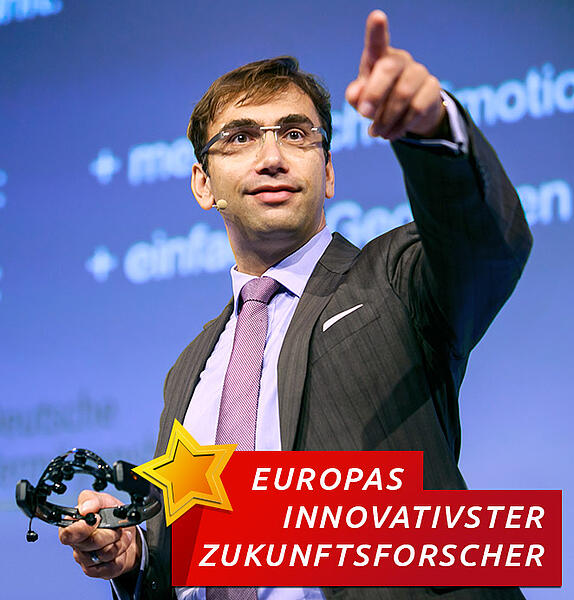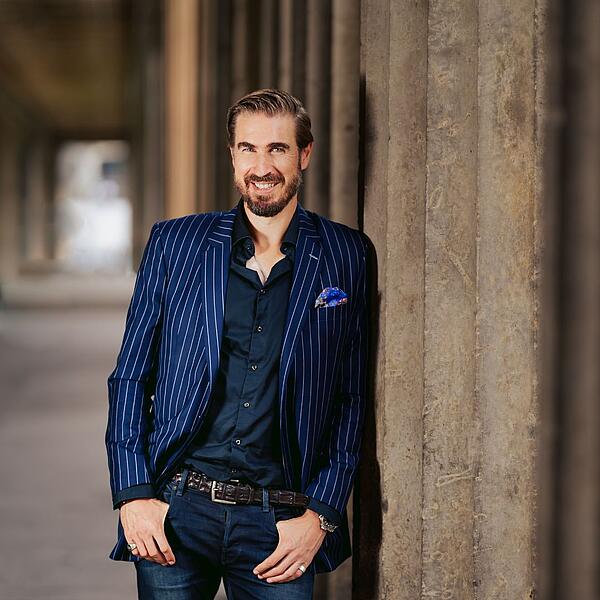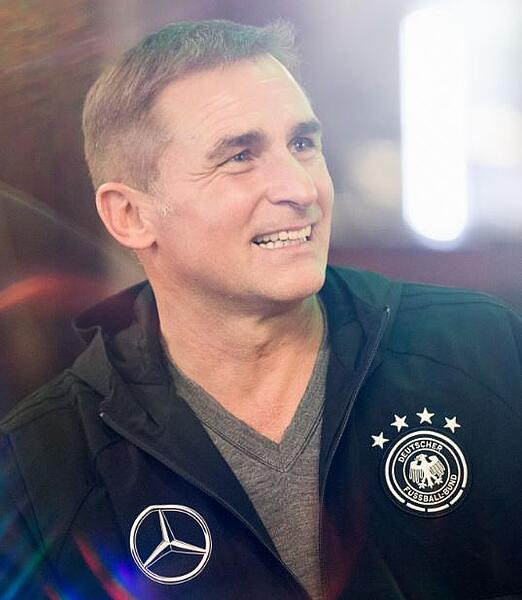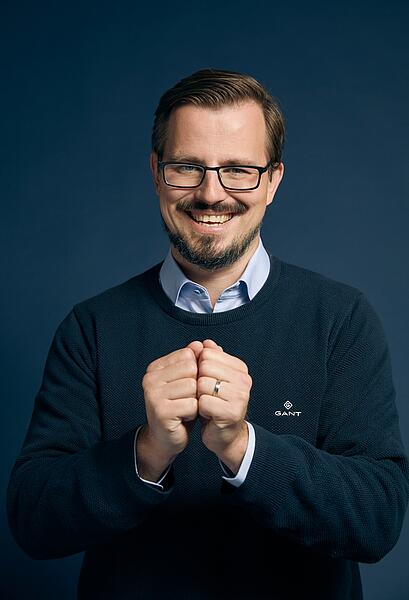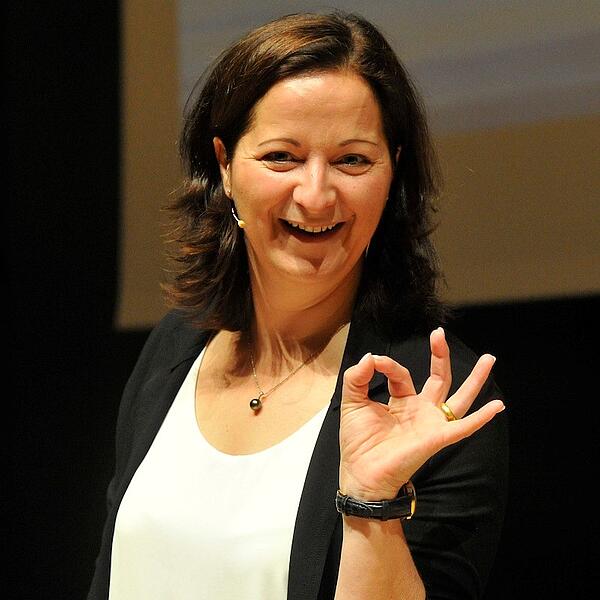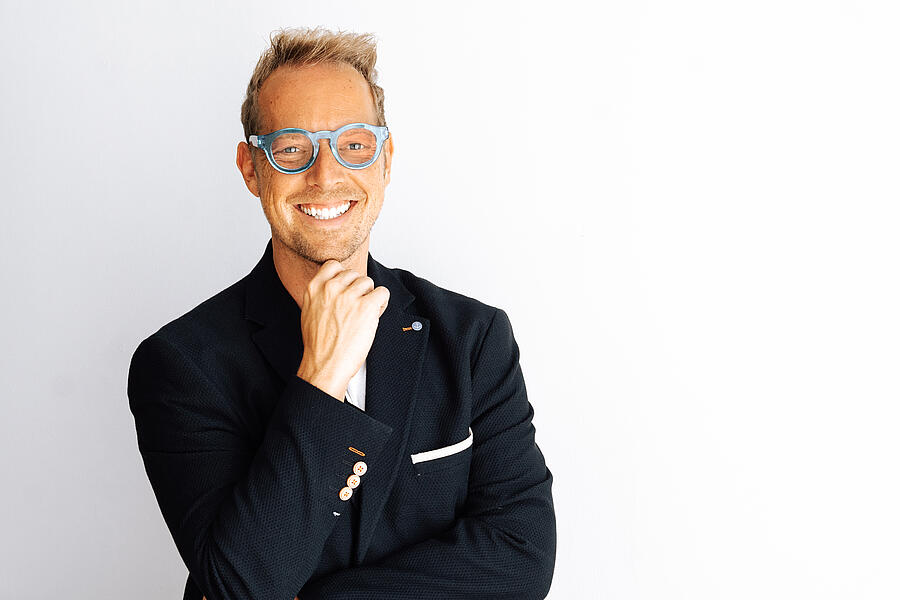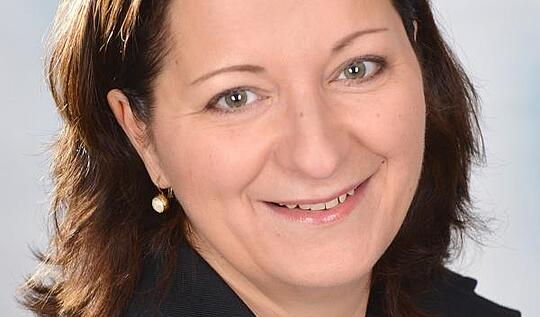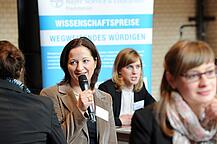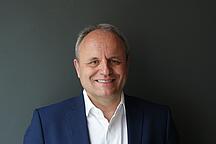The speaker agency with personality
In addition to our live lectures, we also offer events as high-quality virtual events. Our 5
star speakers provide important impulses and inspire with their stirring online presentations.
lectures. We have already inspired more than 200 customers with this unique concept.
No matter what it is, we are always happy to be there for you.
Personally, directly and without waiting on hold.
We know all our speakers personally. Our customers feel this in the consultation - this saves time and gives the good feeling of having found the ideal speaker who fits perfectly to the event.
No matter what it is, we are always happy to be there for you.
Personally, directly and without waiting on hold.
We know all our speakers personally. Our customers feel this in the consultation - this saves time and gives the good feeling of having found the ideal speaker who fits perfectly to the event.
We take care of all travel logistics for our speakers. Our speakers are contractually obligated to arrive at the venue at least 1 hour before their presentation. In this way, we ensure that your event runs smoothly.
You don't need to worry about anything!
Of course, we will take care of the complete project management before and after your event.
We take care of all travel logistics for our speakers. Our speakers are contractually obligated to arrive at the venue at least 1 hour before their presentation. In this way, we ensure that your event runs smoothly.
You don't need to worry about anything!
Of course, we will take care of the complete project management before and after your event.
Speed is our strength!
We call you back within an hour and support you with your individual request.
No matter what it is, we are always happy to be there for you.
Personally, directly and without waiting on hold.
We know all our speakers personally. Our customers feel this in the consultation - this saves time and gives the good feeling of having found the ideal speaker who fits perfectly to the event.
We take care of all travel logistics for our speakers. Our speakers are contractually obligated to arrive at the venue at least 1 hour before their presentation. In this way, we ensure that your event runs smoothly.
You don't need to worry about anything!
Of course, we will take care of the complete project management before and after your event.
Speed is our strength!
We call you back within an hour and support you with your individual request.

